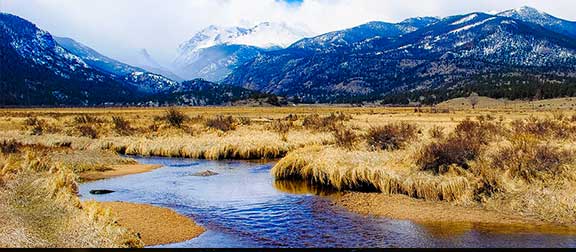When it comes to emergency and natural disaster preparation, clean, uncontaminated water should be top-of-mind. September, which is National Preparedness Month, is an ideal time for individuals and families to make certain that they will be able to hydrate safely throughout the duration of an emergency.
Natural disasters, such as tornadoes, floods and hurricanes, can compromise local water sources. Flooding can be especially dangerous, when harmful bacteria and contaminants that transmit life-threatening diseases can be present in nearby waterways. Unfortunately, flooding can occur after a number of emergency scenarios, from heavy rains to hurricanes to situations when snow melts too quickly
“Contamination in fresh water sources continues to be a public health problem domestically and worldwide. During emergency scenarios, the issue is amplified as water can become unreliable for consumption,” says Alison Hill, managing director of LifeStraw, a manufacturer of water filtration systems.
Consumers need to have the ability to filter their water following an emergency situation. Be sure your emergency supplies include a portable filter which can fit onto a wide variety of popular water bottle brands such as LifeStraw Universal. This versatile filter fits on most bottles you already own and offers two stage filtration to remove 99.999999 percent of bacteria and 99.999 percent of protozoa, while also reducing chemicals, bad taste and odors. The LifeStraw Universal kit is available online and at specialty retail stores.
“We’ve developed portable filtration technology to give consumers greater confidence that, in an emergency situation or natural disaster, they can have access to safe water for days, weeks, even months following a situation where their water supply is compromised,” says Hill.
While most people don’t like to dwell on worst case scenarios, the right preparation can help you remain healthy and safe during an emergency. This National Preparedness Month; be sure that you equip your family with practical means to have safe drinking water.
~ Provided by StatePoint

